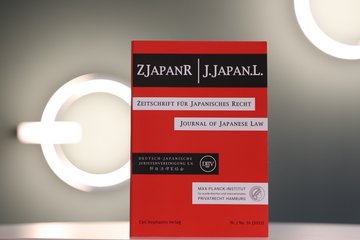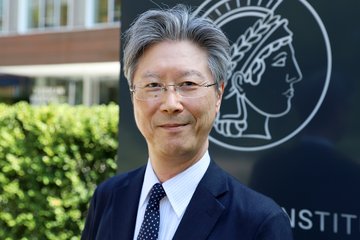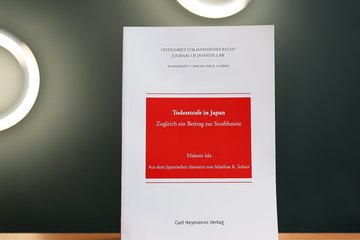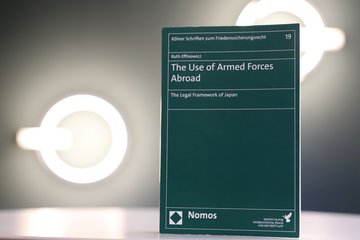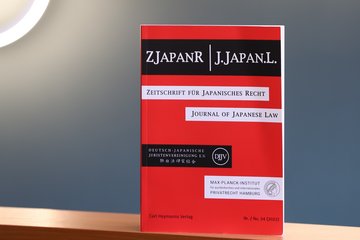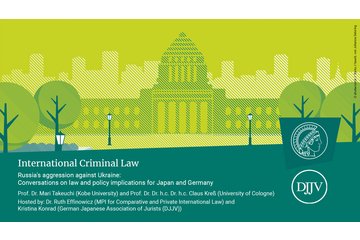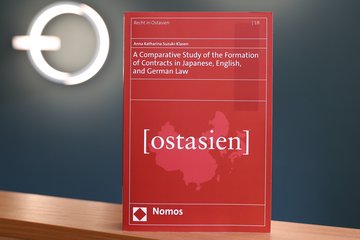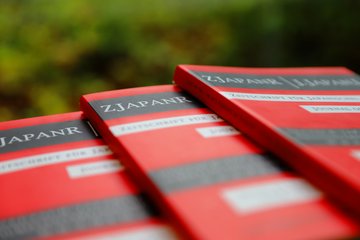Private Autonomy and Personal Responsibility – A German-Japanese Comparative Study
A special issue of the Journal of Japanese Law edited by Prof. Dr. Harald Baum, project leader of the Centre of Expertise for Japan at the Max Planck Institute for Comparative and International Private Law, together with Keizo Yamamoto and Yuko Nishitani comparatively examines the tension arising between modern legislation and the dual pillars of contractual freedom and personal responsibility.
Notwithstanding individual differences, both Germany and Japan are characterized by competition-based private-market economies and liberal social orders premised on political participation. Both features are hallmarks of an open private law society. At the centre of such a system there stand as guiding principles, first, private autonomy as an expression of citizens’ freedom of action and, second, the personal responsibility of citizens for their actions. The most important product of private autonomy is, at the substantive-law level, freedom of contract. In this regard, self-responsibility thus means that individuals are bound by contracts they have concluded.
Yet personal responsibility and freedom of contract are not unlimited. Where an individual is not in a position to act independently and protect him- or herself, individual responsibility ends. In both Germany and Japan, the limits of contractual freedom have over a long period of time steadily been extended by various legal restrictions, e.g. to protect against structural imbalances and discrimination or to implement socio-political redistribution strategies. These rules aim to relieve certain contracting parties of the responsibility for their actions and to impose instead a co-responsibility on the counterparty that is alien to private law and that restricts freedom of contract. In the most recent edition of the series “Special Issues of the Journal of Japanese Law”, this tension is comprehensively examined under the lens of selected subject areas in Germany and Japan. The volume summarizes the findings of a workshop held at the University of Kyoto in 2018, which completed the research project “Privatautonomie und Eigenverantwortung als Rechtsgrundsätze im deutsch-japanischen Rechtsvergleich (“Private Autonomy and Personal Responsibility – A German-Japanese Comparative Study”) and which was conducted in cooperation with the Institute.
The Journal of Japanese Law is presently the world’s only western language publication offering a regular and timely documentation and analysis of the myriad lines of development in Japanese law. Its goal is to make all areas of the Japanese legal system accessible in a comprehensive and methodologically structured manner. Harald Baum, project leader of the Japan Unit at the Max Planck Institute for Comparative and International Private Law, founded the Journal in 1996.
Keizo Yamamoto, Yuko Nishitani, Harald Baum (Hg.), Gegenwärtiger Stand und Aufgabe der Privatautonomie in Japan und Deutschland, Carl Heymanns Verlag, Köln 2019, 174 S.
